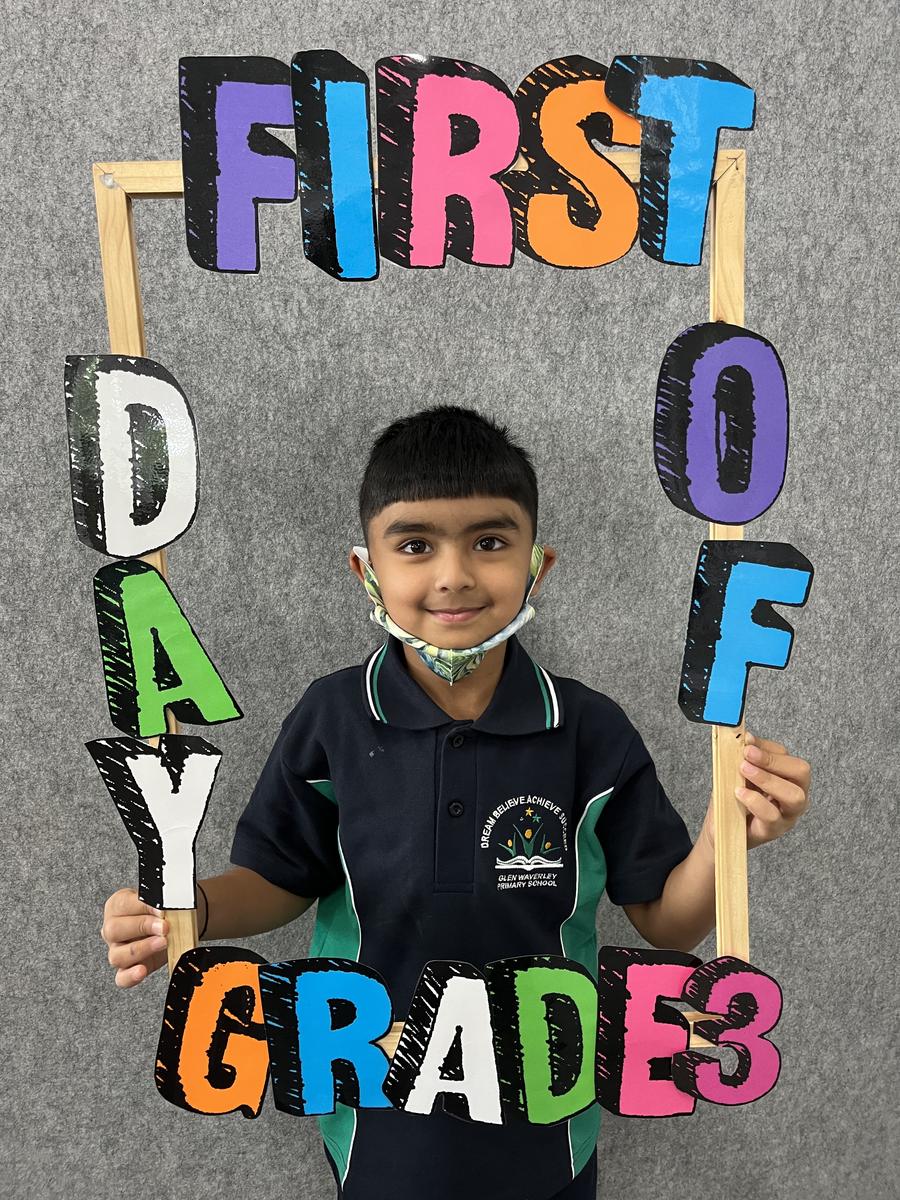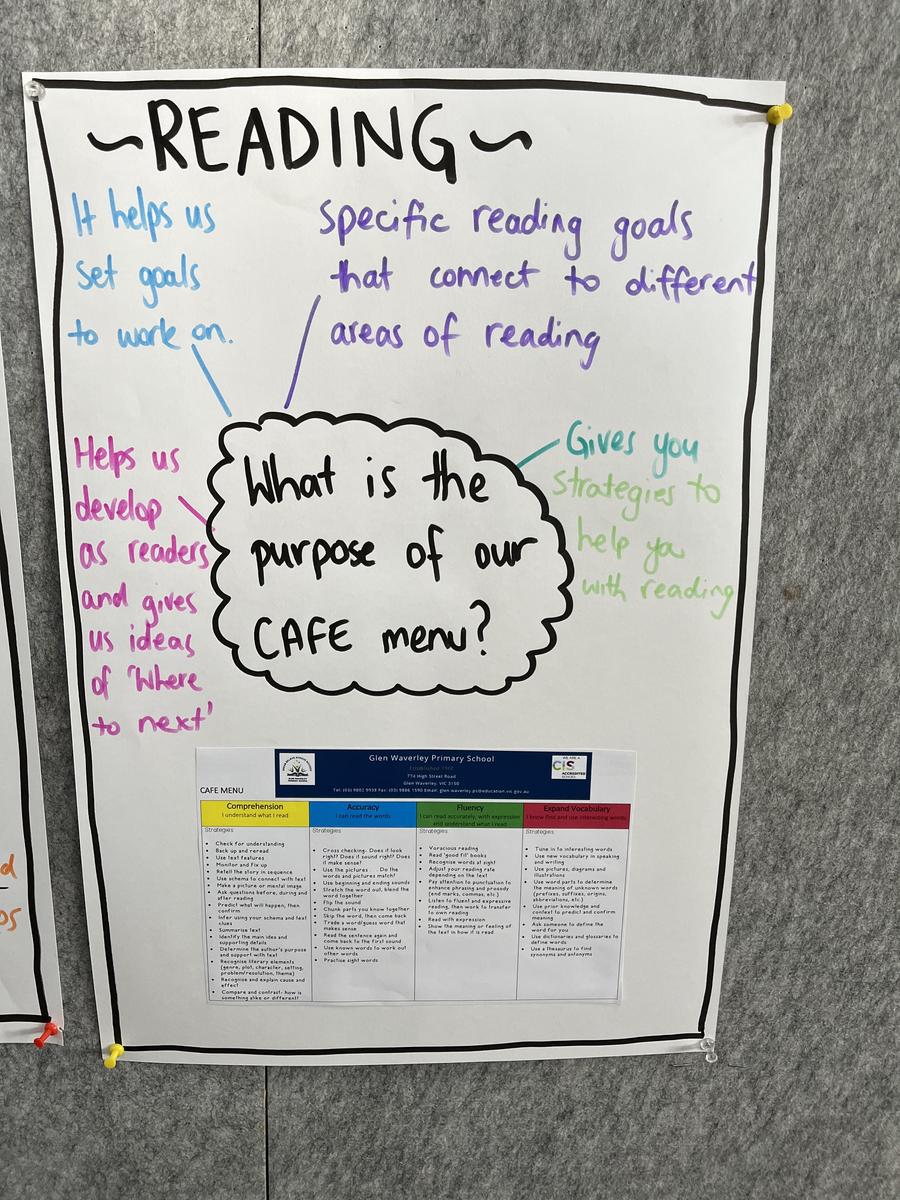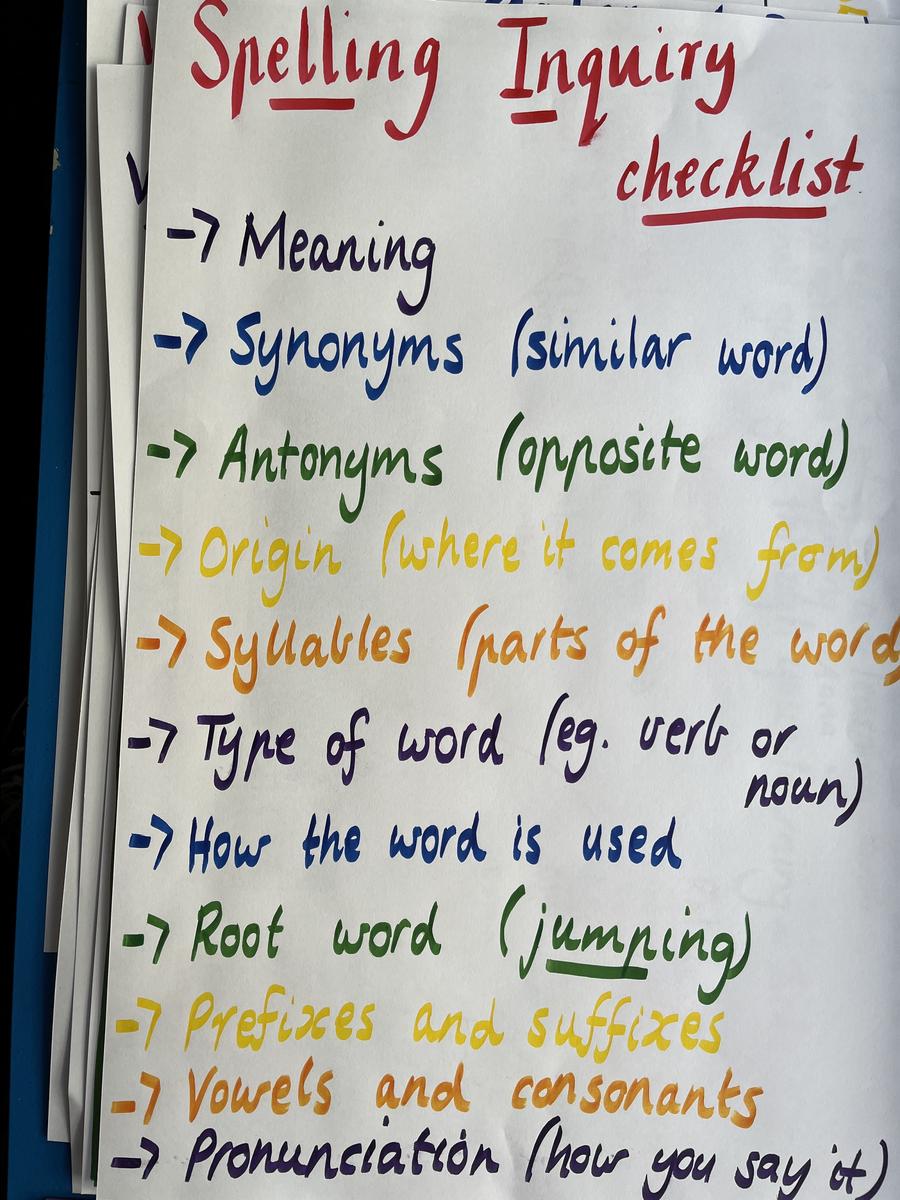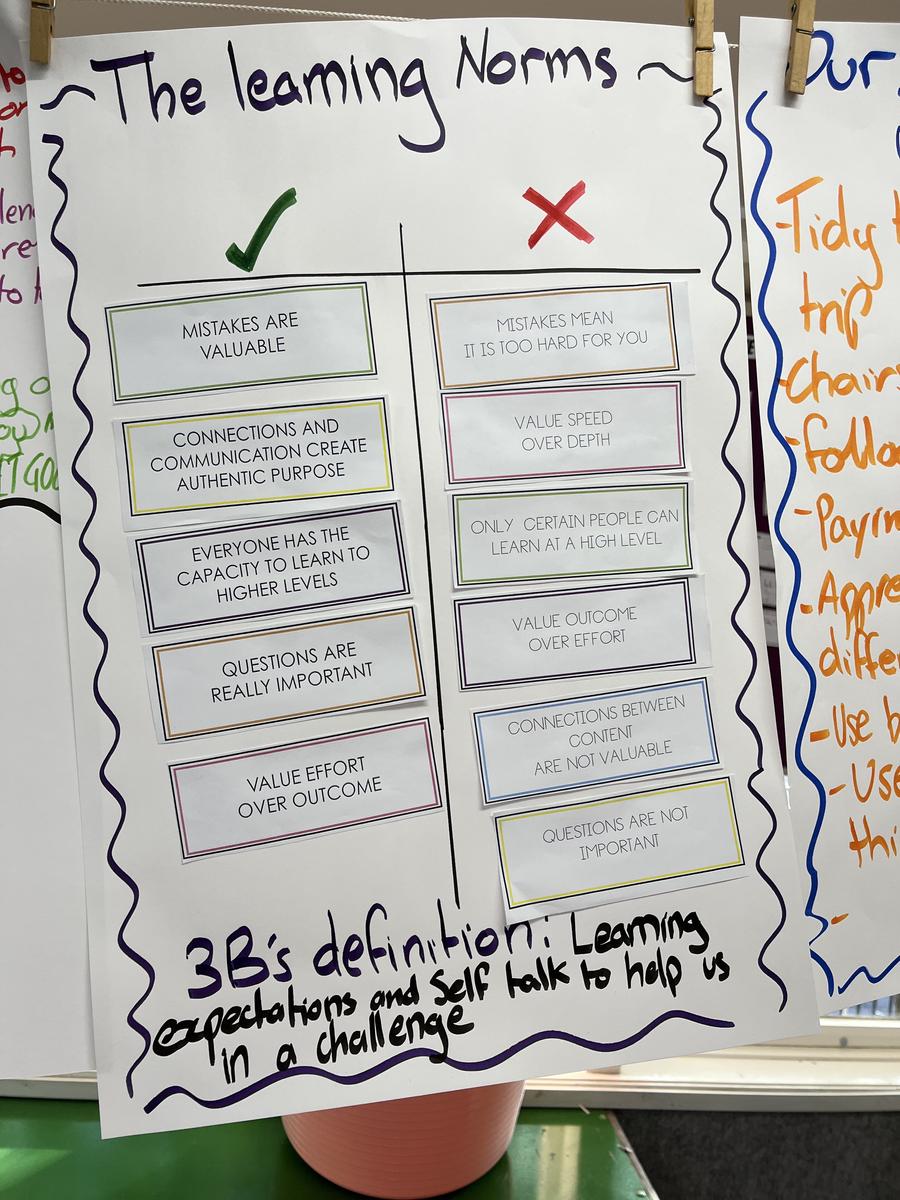Welcome to Level Three
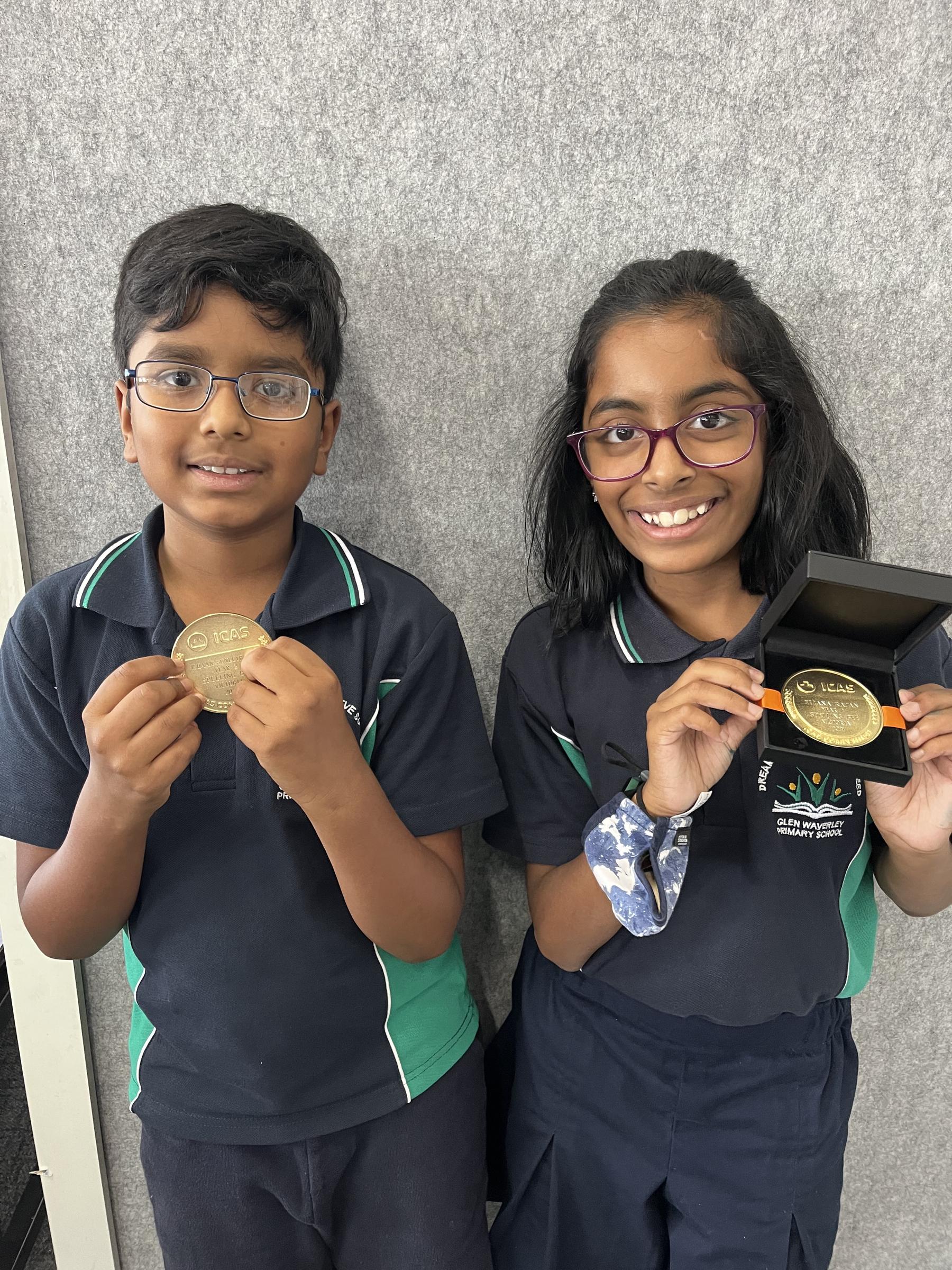
A very Happy New Year and welcome to the Level Three community for 2022! We would like to welcome existing families back to our school and extend a very warm welcome to the new families of the Glen Waverley Primary School community. It has been a brilliant start to the year with our students settling into their learning with commitment and enthusiasm. We know it is going to be a wonderful year ahead!
Establishing meaningful connections is something that we value greatly at Glen Waverley Primary school. We are really looking forward to getting to know our Level 3 families throughout the year and developing a partnership between both school and home. We cannot wait to work together to support the academic, social, and emotional growth of your child this year. Our classroom doors (and emails) are always open, so please do not hesitate to contact the Level 3 team if you have any questions or concerns.
The Level Three Teaching and Learning Team are:
Miss Stacey Cupo - (3A, Teaching and Learning Leader)
Miss Blair Ippolito - (3B, Assistant Teaching and Learning Leader)
Mr Peter Shen - (3C, Learning Specailist for Mathematics)
Mrs Gemma Simmons (3D)
Mr Davin Mark (3E)
Mrs Anna Hardy (TSL – Targeted Student Learning)
Important Dates:
Tuesday 15th and 22nd February & Tuesday 1st March – Getting to Know You Interviews
Monday 14th March – Labour Day (Public Holiday)
Tuesday 15th March – Curriculum Day
Monday 21st March - Swimming Begins (Weeks 5 &7 of Term 2)
Wednesday 23rd March – School photos
Thursday 24th March – Harmony Day
Wednesday 6th April – Twilight Sports
Thursday 8th April - Final day of Term 1, 2:30pm Dismissal.
Mathematics:
In Term One, the Level Three students will continue to extend their understanding of the four proficiencies of Mathematics; Problem Solving, Understanding, Reasoning and Fluency and how to apply these strategies within their learning. In our first topic, students will investigate data representation by surveying their classmates and using this information to create and interpret graphs. They then will begin exploring the concept of Place Value in order to deepen their understanding of the value of a number. The concept of Place value is essential for mathematical learning and acts as the foundation for many other strands of Mathematics. In addition, and subtraction, our learners will make connections between the two concepts and develop increasingly efficient mental strategies to solve problems. This term, students will investigate multiple strategies to solve problems focusing on developing their understanding and reasoning.
To support your child’s Mathematics learning at home, you could:
- Ask your child what their current SURF goal is. What have been their successes and challenges? What is their ‘next step’?
- Encourage them to engage in everyday mathematical activities with the family (such as measuring in cooking, adding up while shopping).
- Ensure your child completes their Maths Home Learning weekly.
Reading:
In Term One, through the explicit teaching of the reading strategies of CAFÉ; Comprehension, Accuracy, Fluency and Expand Vocabulary, students will be focusing on various comprehension strategies such as using their prior knowledge to predict and connect with text, recognising literacy elements (genre, plot, character, setting, problem/resolution and theme) and language features, to gain a deeper understanding of the texts they are reading. They will also be reading like a writer, exploring and analysing how authors engage their audience with Sizzling Starts, Tightening Tensions, Dynamic Dialogue and Exciting Endings.
Writing/Spelling:
Throughout Term One, students will explore a range of text types such as Narratives and Persuasive. They will deepen their understanding of the structure of both writing genres through the explicit teaching of VOICES: Voice, Organisation, Ideas, Conventions, Excellent Word Choice and Sentence Fluency. To begin the term, we are focusing on Narratives. We will connect with what we have learned while reading as authors, exploring how to transfer writing techniques that engages a reader such as sizzling starts, tightening tension, dynamic dialogue and creating exciting ending. The students will then be focusing on Persuasive Texts by exploring the structure and the use of a range of persuasive techniques to strength their arguments. As part of the Whole School Approach to Spelling, the Level Three students will be encouraged to continuously expand their vocabulary through the Spelling Inquiry Model. A typical Spelling Inquiry session will see students investigate the meaning and the etymology of their chosen word as well as develop a rich understanding of other important elements relevant to their spelling words.
To support your child’s Literacy learning at home, you could:
• Read with your child each night.
• Create a reflective journal to write for an authentic purpose.
• Encourage students to plan their writing through drawing pictures and using adjectives to deepen descriptive writing.
• Practise with your child on his/her spelling words.
Inquiry:
During Inquiry this term, learners will be investigating the question, “How do influences impact our wellbeing and relationships?” Looking through the lens of Health, Personal and Social Capability, students will be exploring the relationships that they have with themselves and others and how these relationships can influence their social and emotional wellbeing. A key element of our inquiry will also involve transferring and thinking deeply about our Global Goal 2 of ‘Zero Hunger’.
To support your child at home, you may find the following tasks helpful:
- Discuss positive relationships that you have formed
- Share strategies to promote positive relationships and how to navigate negative ones
- Share stories of cultural celebrations that incorporate people and food and how these moments have a lasting positive influence on your lives
- Analyse how food can influence our wellbeing (both positively and negatively)
- Encourage positive self-talk as more often than not, the relationship that we have with ourselves helps form the relationship that we have with others

